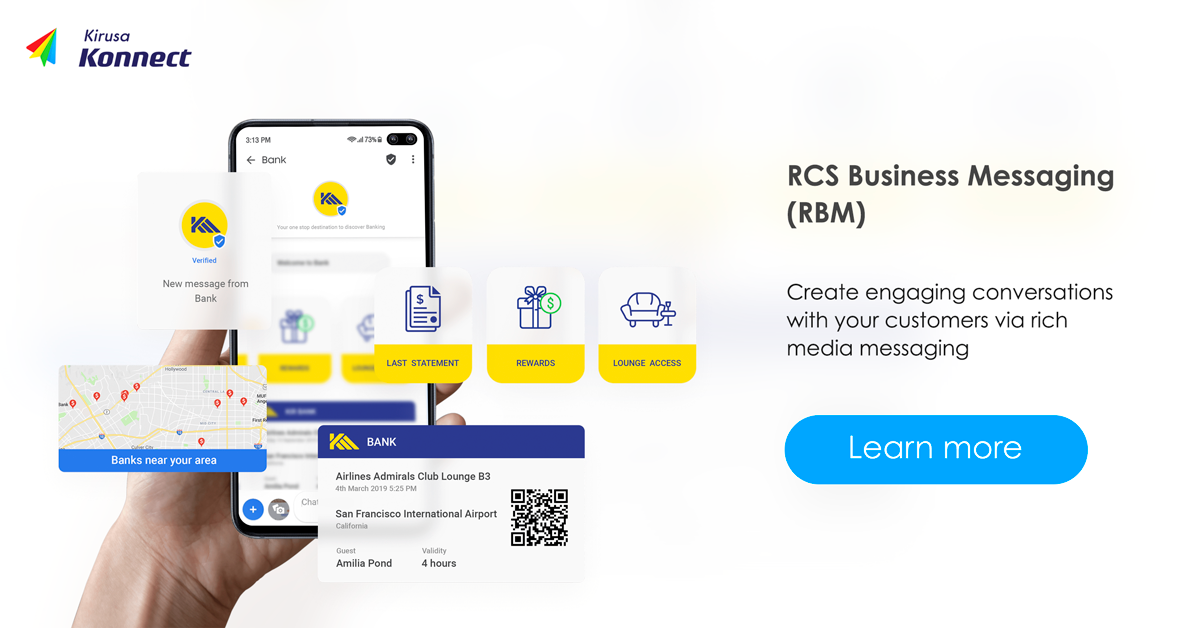There is no doubt that we’re in an era of technological innovation. With everything going digital, industries are looking for ways to improve and optimize their business opportunities. We take a look at the trends that will transform the telecom industry growth.
Introducing 5G:
5G’s arrival is transforming tech. This next generation of mobile broadband will replace the existing 4G connection, as we see exponential growth in terms of downloads and upload speeds. With connectivity at the heart of technological transformation, 5G will play an extremely crucial role in changing the landscape in terms of communication across industries. As the need for improved connectivity grows, “5G is an opportunity to create an agile, purpose-built network tailored to the different needs of citizens, industry and the economy.” (Source: GSMA) Also, as we embark on the 5G era, there will arise a need for operators to evolve in an attempt to transform businesses to address new opportunities. (Source: Ericsson)
5G will go on transform not only the technology distributors but also service providers. This transition will involve telecoms partnering with governments and enterprise customers to help customers leverage the power of 5G. (Source: Forbes)
Artificial Intelligence (AI):
It goes without saying that AI marks the beginning of a digital revolution. Technological advancement in artificial intelligence (AI) space has captured the public imagination. Artificial intelligence is projected to have a market reach of $70 billion by 2020 transforming how consumers, enterprises and government around the world operate and interact. (Source: GSMA)

AI is seen to dramatically improve the workplace efficiencies and augment the work humans do. Industries across will heavily depend on AI to drive their operational needs, especially with Conversational AI. Human interactions are now structured around quick problem-solving abilities. Companies around the globe are trying to capitalize on this space by adopting chatbot as one of the primary means of communication with its users. It is estimated that the chatbot market will witness a 24% growth in the coming years to come and reach $1.25 billion by 2025. (Source: Infopulse)

Telecom industry is one of them and their usage of artificial intelligence is in many aspects of business today. One of the prominent areas where they can optimize the use of virtual assistants and chatbots is drive customer service and satisfaction. In addition to this, predictive analysis and AI creates a space which allows telecoms to “glean actionable business insights from the volumes of data they gather everyday”. (Source: Forbes)
Customer Engagement:
For years, customer interaction has been crucial for businesses, service and governments, but its evolution has dramatically increased in recent times with internet, mobile and smartphones coming into play. A “personalized and timely customer interaction’ has become crucial to ensure growth and drive engagement across channels. (Source: GSMA) One of the most exciting things to look out for is Google’s RCS — an attempt to make customer interaction engaging and meaningful.

All the smartphone manufactures, and the telco industry is coming together to enhance the native form of messaging. Termed as Rich Communication Services (RCS), it plans to upgrade the way we communicate with people over text. In other words, “RCS is a new online protocol that was chosen for adoption by the GSM Association in 2008 and is meant to replace the current texting standard SMS (Short Message Service), which has been around since the 1990s. The GMSA represents a wide variety of organizations in the mobile industry, including device and software companies, internet companies, etc. Naturally, given all those players, it took a while to come to an agreement, and so it wasn’t until 2016 that the GSMA was able to come up with something resembling a standard.” (Source: The Verge) Building on the limitations of native messaging, RCS is giving a whole new meaning to interactions between brands and their customers. By bringing branded chats, authenticity and richer medium to a native messaging app, RCS will be breaking barriers and will be transforming engagement between brands and their customers. This is without a doubt an opportunity the brands will be waiting to get their hands-on as it will ensure interactive and effective communication with its customers. Kirusa, one of Google’s messaging partners are already on the forefront in bringing the RCS experience to life and have built a unique directory “DotGo” that has a compilation of RBM agents from across the world which are built for diverse brands serving numerous purposes.
How will RCS add value to your business? Click here to know more.

